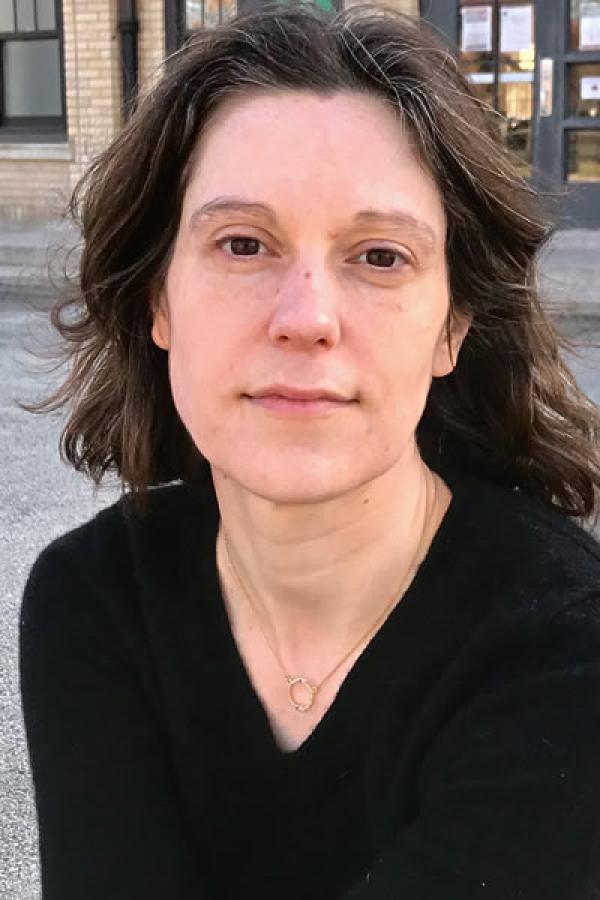Amanda Sarasien

Photo courtesy of Amanda Sarasien
Bio
Amanda Sarasien is a writer and literary translator from French and Portuguese into English. Her translations, reviews, essays, and stories have appeared in the Common, the Literary Review, Chicago Review of Books, the Puritan, and elsewhere. She serves as co-chair of the PEN America Translation Committee and is a founding member of the Third Coast Translators Collective. Raised in Fort Wayne, Indiana, where she lived, worked, wrote, and translated for many years, she now calls Chicago home.
Project Description
To support the translation from the Brazilian Portuguese of Springtime in the Bones by Állex Leilla (b. 1971). Set in the immediate aftermath of a rape, Springtime in the Bones employs a poetic, fragmentary prose and disorienting chronology to plunge the reader both mind and body into its protagonist's subjectivity. Nevertheless, the novel is far from being a story of victimhood. The story's protagonist is a smart, independent, 30-something professional with a biting wit and ample reservoir of pop culture references, and the rape engulfs her in an all-consuming desire for revenge.
Állex Leilla’s work attracted me not only for its formal innovation and musicality, but also for its interiority, the way her complex characters show strength in vulnerability. In its exploration of trauma and the isolation of the body, Springtime in the Bones accomplishes an impressive feat: it uses language to expose the limits of language. Language as betrayal. The same is often said of translation. Yet the risk of not translating, of not using language at all, is even deeper isolation.
Receiving support from the National Endowment for the Arts is a powerful reminder that though we translators work alone, we are not isolated. As an emerging, second-career translator, I’m particularly grateful for this support because the journey to see a first full-length translation into the world can be long and daunting, rife with self-doubt and financial uncertainty. The NEA’s vote of confidence gives me both the resources to keep going after nearly a decade of work, and, even more important, a sense of belonging in a community of accomplished peers.
All the more meaningful, then, to have been awarded this fellowship for a book which is so personal to me. Having spent the bulk of my translation career living in Indiana and struggling with chronic illness, I identified with the pervasive isolation that wends its way through Springtime in the Bones. Translating it has allowed me to make sense of the distances, to find strength and comfort in a shared experience—something that takes on new meaning for all of us in our pandemic age. I thank the NEA for helping me to bring this novel to English-language audiences.

